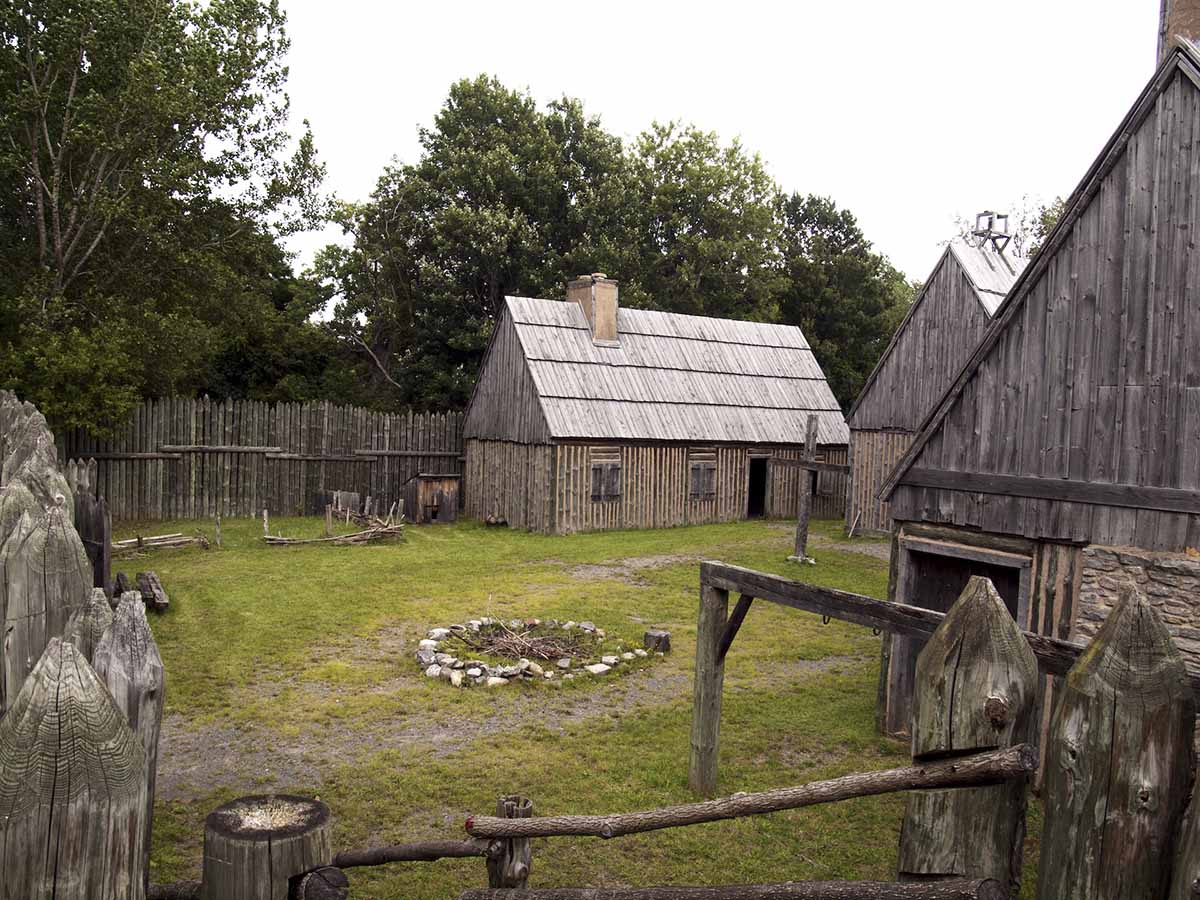The Legacy of the Right to Control Land and Dependency
Johnson v. M’Intosh established the precedent that the federal government of the United States had the sole right to negotiate with and extinguish indigenous nations’ title to land. Codifying the termination of Indian or aboriginal title, the right of Indigenous peoples to occupy the lands that had been their home since time immemorial, through the treaties the United States entered into with Indigenous nations starting in 1774. Chief Justice John Marshall’s opinion in Johnson v. M’Intosh not only recognized Indian title but the inherent right of dominion of the United States over Indigenous peoples insofar as, “our whole country been granted by the crown while in the occupation of the Indians” securing the right of dominion to the ancestral lands.
SUGGESTED CITATION
Kerri J. Malloy, "The Legacy of the Right to Control Land and Dependency," Doctrine of Discovery Project (29 March 2023), https://doctrineofdiscovery.org/blog/canopy-series-legacy-dependency/.
Download citation formats:
Share on
X Facebook LinkedIn BlueskyDonate today!
Open Access educational resources cost money to produce. Please join the growing number of people supporting The Doctrine of Discovery so we can sustain this work. Please give today.


